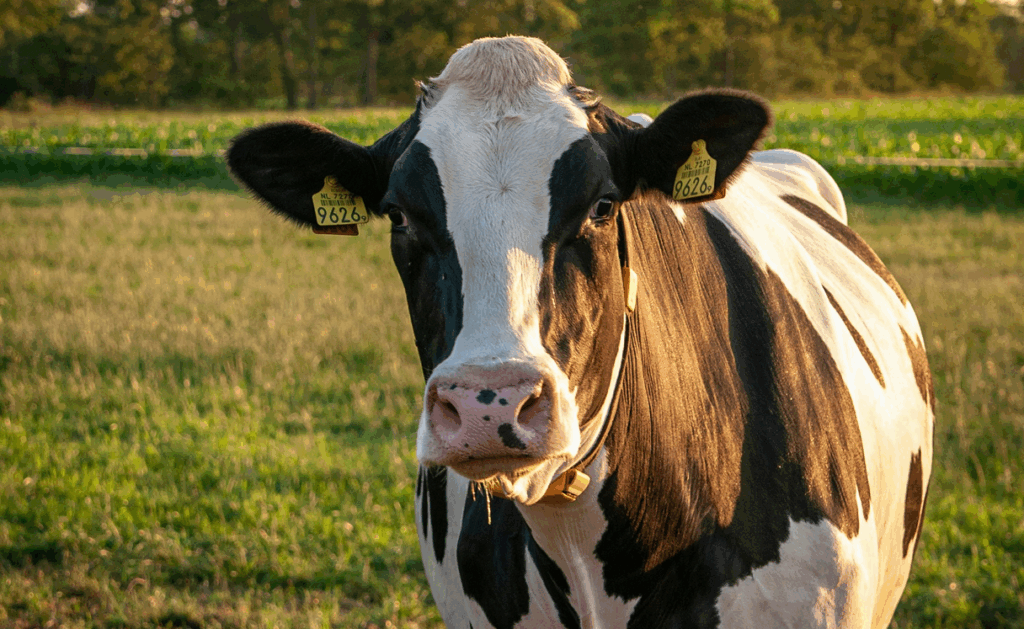Massey University, with research support from Koru Biotech Solutions, has been awarded funding from the Ministry of Business, Innovation and Employment’s Endeavour Fund to develop a cutting-edge diagnostic tool for bovine mastitis.

This Smart Idea project aims to create a rapid, sensitive multiplex antigen test capable of accurately diagnosing mastitis on-farm. It reflects the forward-thinking, high-impact research both Massey and Koru are known for. By combining scientific expertise with industry partnerships—including Annexa and corporate farmer Wairarapa Moana Inc—the team is driving a real-world solution with lasting benefits for New Zealand and the global dairy sector.
Acute bovine mastitis affects over one million animals annually in New Zealand. Current diagnostic methods can take 24–48 hours to identify the causative bacteria, often resulting in delayed treatment, antibiotic overuse, and financial losses. Led by Principal Investigators Professor Jasna Rakonjac, a microbiologist at Massey University and expert in phage display technology, and Dr Tony Pernthaner, Chief Science Officer at Koru Biotech, the project will develop a highly sensitive and specific test that delivers results within 30 minutes. This test will distinguish between the major bacterial groups responsible for mastitis, enabling farmers and veterinarians to make fast, targeted treatment decisions directly in the milking shed.
Professor Rakonjac estimates that improving diagnostic speed and accuracy could save the sector $33 million annually in reduced antibiotic use alone.
“The overall cost of mastitis is around $150 per animal, so the numbers add up quickly. With faster, targeted treatment, we can reduce disease spread, improve recovery, and lower antibiotic use—boosting profitability while meeting growing consumer demand for sustainable dairy practices.”
The new equipment-free technology is designed to be easy to use and affordable, with potential applications across veterinary, medical, and environmental fields. Its adoption could significantly reduce antibiotic use and environmental impact, contributing to the global fight against antibiotic resistance.